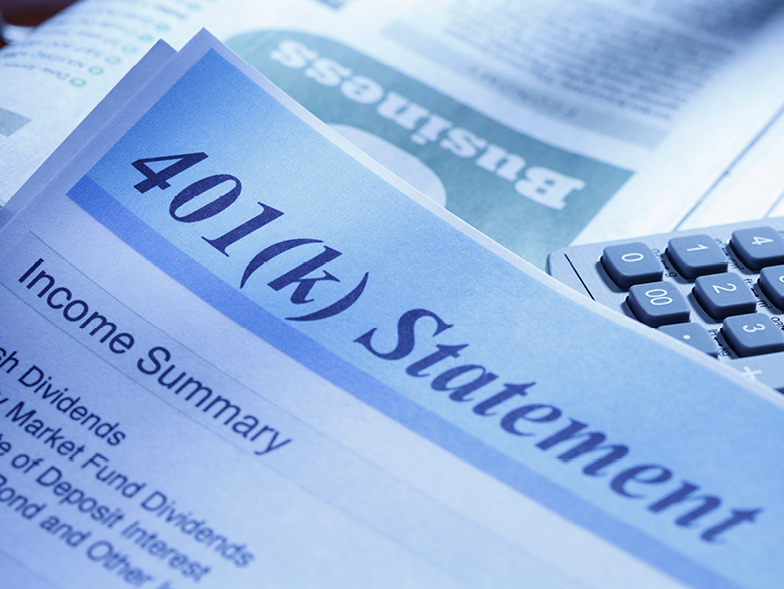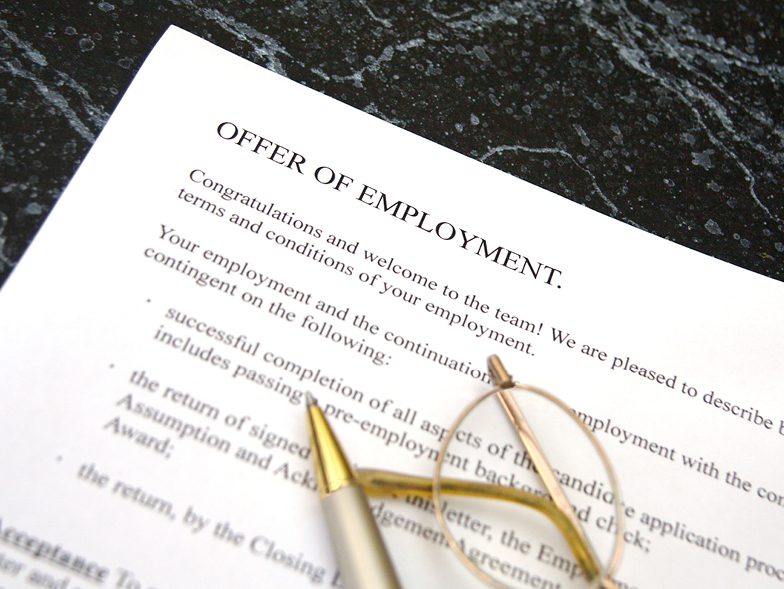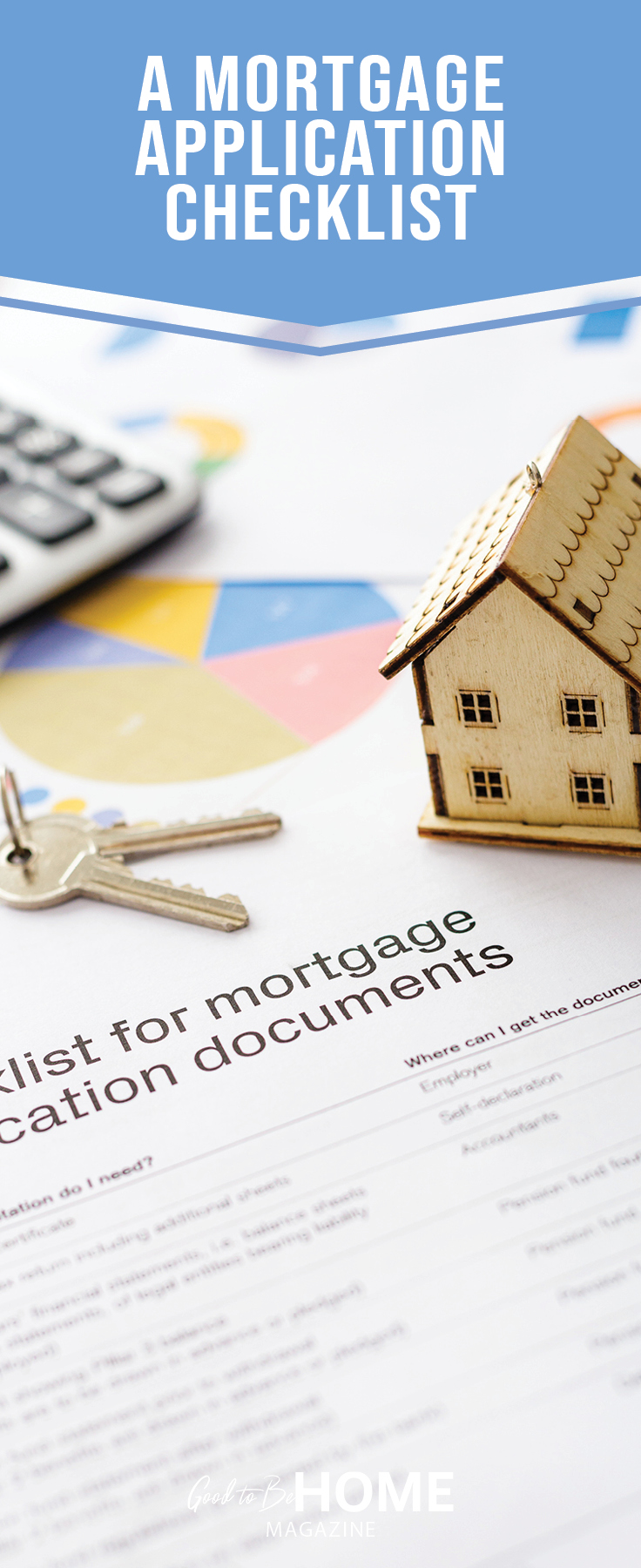A Mortgage Application Checklist
Are you ready to take the next step and apply for a mortgage? There are several initial documents you must first submit to start the loan process. This information you supply to the lender permits them to explore and investigate your financial history to determine if you’re a reasonable risk for a loan. Use this checklist to help gather and organize the information your lender will likely require.

Assets
Be prepared to provide documentation of your assets, such as trust income, investments, 401(k)s, IRAs, CDs, brokerage accounts, and other significant cash reserves.
Bank statements
You’ll need to submit up to three months of bank statements so the lender can verify that you have enough money for your down payment, the closing costs, and, depending on your lender, up to six months’ worth of housing costs reserves.
Contract of sale
Your lender will require you to submit your fully executed contract of sale with the address, purchase price, down payment, and mortgage amount before they start the loan process.

Credit verification
Generally, the first step in the mortgage application process will be the lender running your credit to review your score and history—this will likely determine your eligibility for a loan.
Down payment
The lender will need to verify where your down payment is coming from, so you’ll have to show proof of these funds, whether it’s money saved in the bank, cash from an investment, or other cash reserves. If a family member or friend is giving you money, they will need to supply a gift letter to the mortgage company stating that the money is a gift and doesn’t need to be repaid.
Lease copy
If you’ve been renting, the loan officer will require you to provide a copy of your lease agreement, the monthly rent amount, and a verification of on-time payments for the past twelve months.
List of current debts
You will need to submit a list of all your liabilities, including student loans, child support or alimony payments, outstanding credit card debt, personal or auto loans, medical bills, and lines of credit. This will help the lender to assess your ability to successfully pay your mortgage on time each month for the life of the loan.

Proof of employment or job offer letter
Be prepared to submit copies of your signed tax returns from the past two years and pay stubs from the last thirty days to show you are employed. A verified job offer letter can be used to show proof of pending employment if you’re in between jobs.
Proof of identity
A copy of a valid driver’s license, passport, social security card, or government issue ID will be required to prove your identity when submitting your loan application.
Self-employment documents
A lender will need to verify your status as a self-employed individual and will likely ask for several items, such as proof of your business insurance and business license, a letter from a certified public accountant (CPA) confirming the existence of your business, proof of membership in a professional organization, or emails or letters from existing clients.
Additional information
Additional sources of income
If you receive additional income such as alimony, child support payments, disability, retirement benefits, or a pension, the lender will likely include this extra source of income in your mortgage application.
Other property ownership
If you own additional properties, you’ll need to disclose detailed information, including the lender names and account numbers, property value, loan type, unpaid balances, monthly payments, and other expenses associated with owning them. You will also need to divulge how each property is used, whether as a second home, a rental, or an investment.
Supplementary records
In addition to the required documentation, your lender may ask you to submit other records that may have a bearing on your application, such as a divorce decree or any bankruptcies or foreclosures. In addition, if you’re a noncitizen, you can still qualify for a mortgage, but the lender must verify your residency, immigration, and employment status.
Although the mortgage application process may seem overwhelming at first glance, you can ease the stress by coordinating and obtaining the necessary documents. You can also contact your real estate agent or lender if you have any questions.

















